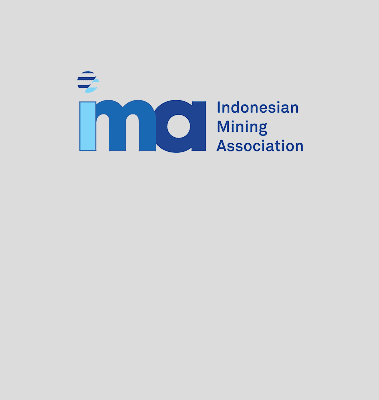National mineral research organisation Mintek on October 1 hosted the Mintek-Science Convention of Innovators in Engineering, Science and Technology (SCI) Disruptive Research Roundtable, during which speakers emphasised the need to pursue disruptive research to drive innovation in minerals and metallurgy, and explore ways to undertake this and the opportunities it presents.
Delivering the keynote address, Gravitas Minerals CEO Tebogo Kale said research should focus on solving the challenges facing the mining industry, with new ones for this year including resource and reserve depletion and a lack of new projects. He called for innovation to solve these challenges.
Kale averred that the challenges in Africa were not complicated, but rather, issues that could be resolved.
He highlighted the importance of disruptive research, with focus on rethinking fundamentals to engender circular mining; field-driven experimentation using partnerships; being forward thinking by pursuing materials science, AI and sustainability; and capitalising on opportunities presented by regional value chains.
Kale advocated for a strategy of smarter technology, leaner processes and smarter people.
In terms of technology, he highlighted the opportunity for South Africa’s mining industry to go further than just extracting materials and to use it for secondary industry, with a circular mining approach presenting “endless opportunities” compared with linear mining.
Kale also emphasised that several credible technologies had already been developed in Africa and that deployment of these should be accelerated.
In terms of processes, he said the company was pursuing working with Mintek on developing future processes, and in this vein, had relocated some of its technology to the former’s site.
In terms of people, partnerships with academia would build a talent pipeline ensuring digital literacy through upskilling programmes, he said.
Platinum group metals miner Impala Platinum corporate processing specialist Wouter Broodryk emphasised that the industry needed bold, forward-looking strategies.
“What if the mining industry could reinvent itself – not just to survive, but lead the future?” he pondered.
Broodryk said that, with current industry pressures, including resource depletion, environmental, social and governance demands, technological disruption and global competitiveness, cautious steps would not suffice for where the industry needed to go.
Rather, he advocated for a bold strategy, which entailed radical innovation, strategic partnerships, systems thinking and world trends.
Broodryk called for value-add, rather than just extraction. He said that while the country was very skilled at mining, and selling products, the majority of benefits were left unused, and there was a need to capitalise on this by reindustrialising.
This required cutting red tape and implementing proper policies to guide technology development, he added.
Focusing on the role of academic institutions in driving breakthrough research, Nelson Mandela Metropolitan University research support and management director Dr Palesa Mothapo called for a change in the teaching approach and for students to be equipped with the skills to change things.
Sobering unemployment statistics, with many graduates not finding work post qualification, underscored that there was a skills and opportunities gap, she pointed out.
Mothapo said a change needed to be made in the way graduates were trained, away from “research for the sake of research”.
She mentioned that alignment with national and continental priorities would ensure relevance, as without it, both research and graduates risked becoming obsolete.
Mothapo said that higher education could enhance opportunities for quality jobs by aligning academic programmes with labour market demand, fostering innovation, modernising curricula and promoting stronger partnerships between academia and industry.
She also emphasised the need for institutions to train graduates for the future; to incentivise entrepreneurship and innovation; incentivise industry and academia partnerships; drive research that solved real-world problems; align with policy, industry and societal needs; and prevent graduate drift through constant adaptation.
Zeroing in on the role of funders in driving breakthrough research, renewable-energy company BEH project development manager Kondwani Banda pointed out that these played a critical role in the entire value chain, from lab to market. This included in technology derisking, attracting additional capital and shaping national priorities. Edited by Chanel de Bruyn


